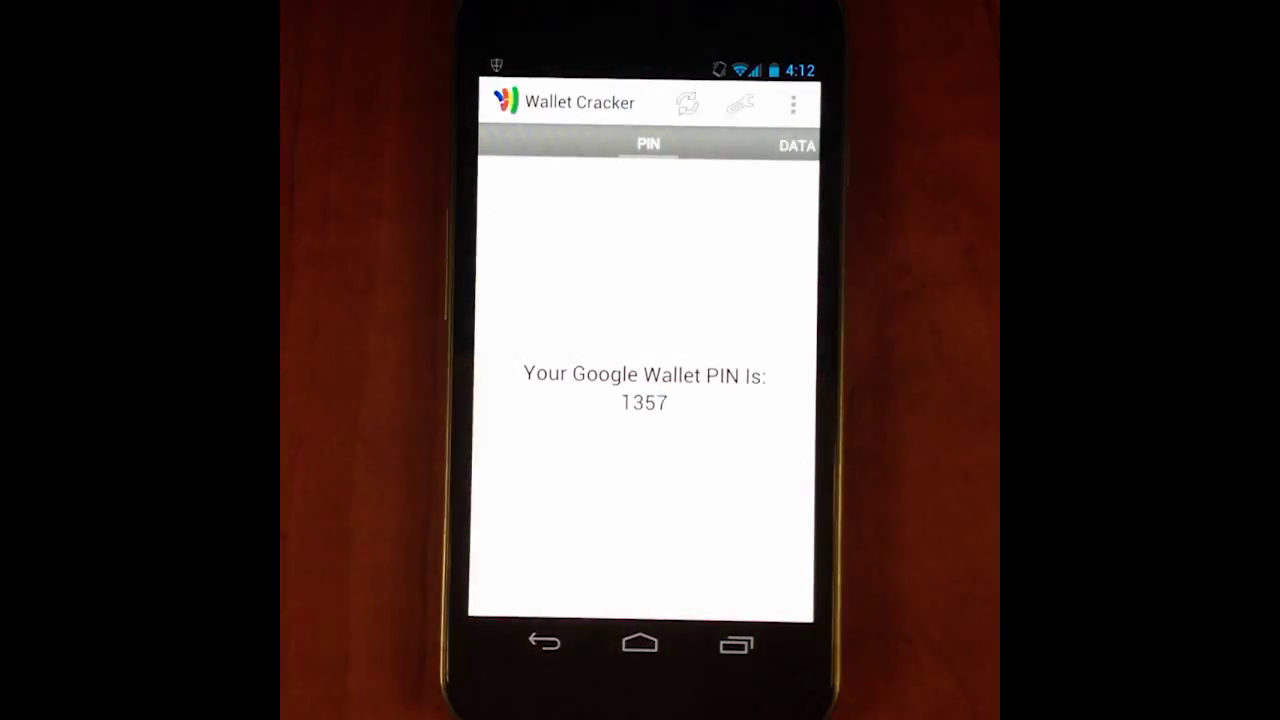As digitization gains traction and we move towards a cashless economy, it will be of great help to know how to carry out online transactions securely. Many of us are digital immigrants and hesitate at the thought of using e-wallets. Will it be easy and will our money be safe? – We ask ourselves and others.
Security awareness is necessary for:
(a) To calm the possible misconceptions surrounding digital payments
(b) To ensure safety of your transactions online
Just like there are some basic rules you follow to protect your cash/ cheque payments, similarly a few basic precautions will go a long way in making all our e-payments safe. I had the privilege of a conversation with Anand Ramamoorthy, Managing Director- South Asia, McAfee. Anand shared his views and tips on e-payment security. Read on!
As we are moving to an era where mobile is fast displacing the PC as the primary device, can you educate regarding the web of threats out there?
According to McAfee Threat Predictions 2017 Report, McAfee Labs sees mobile malware continuing its growth in 2017, with ransomware, banking Trojans, and remote access tools among the leading threats. The report clearly showcases the need for security against a growing volume of mobile malware and expanding threat surface which becomes critical in a mobile first economy like India. Users should remember that their security depends a lot on their actions. Awareness of safe practices and security risks go a long way in making digital payments a smooth affair. For instance, before making a transaction, confirm that your security software is up to date and running.
Tip: Use secured networks only and create strong passwords, remembering to have different passwords for different sites. Look out for the ‘https’ at the start of an URL and green padlock sign and check domain name of the URL. It should be like “xyz.com” or “xyz.in” and not “xyz/festivals-in.com.
With a mobile first economy and the rise of e-wallets, how should users approach security?
Already a mobile first economy, India has the second largest internet savvy population and is expected to overtake the US as the second largest smartphone market in 2017. As we move towards a cashless economy, consumers are realizing that in addition to their PCs, smartphones too need to be actively protected from the expanding threat landscape to enhance their connected experiences.
As one of the leading players in cybersecurity, we have had the opportunity to work with several large enterprises, banks and even Fortune 500 companies and we believe that with digitization, arises the need to secure one’s digital footprint and assets. We at McAfee are committed to providing a safe and secure digital environment to all our customers. Securing our connected devices is important considering that many employees also use personal devices in the workspace and any lapse in security can result in loss of confidential business data or even reputation. Today, owing to the level of our online existence which spans from social media to using e-wallets for most of our transactions, calls for a trusted mobile security software. At McAfee, we offer McAfee mobile security software for free from the Play store/App store.
Tip: Just like you would be careful about opening your doors to a stranger, similarly, be careful if you use public Wi-Fi network at the airport, coffee shops and other venues, or even the guest login provided for your hotel room.
How can Indians stay safe online?
Use secured connections only. It goes without saying that your security is as strong as your device and internet security. Go only for advanced comprehensive security software for your PCs and smartphones. Carry out financial transactions over VPN networks and be wary of public Wi-Fi.
Download digital wallets directly from official websites. Do not click on links received via e-mails or messages. They may contain malware or could lead to compromised websites. Instead download from official websites of your bank or from the App Store or Play Store.
Uncheck the ‘save card’ box. This is a security measure that will help protect your bank account details if your account, or the site, gets compromised.
Use multi-factor authentication. Use a password management tool to help you store and create complex passwords, and enable multi-factor authentication on your devices and online accounts.
Beware of Phishing scams. This is a major ploy used to dupe users to part with their credentials. Armed with credentials and bank/e-wallet account details, cyber criminals can dupe you. Avoid replying to e-mails from strangers and opening attachments or links without prior verification. Be mindful of what you share online and never divulge your bank or personal details to tele callers purportedly from your bank.
Anything else you would like to share with our readers?
Smartphones have ushered in an unprecedented era of connectivity by offering users access to a world of information, education, employment and even m-commerce. Around 139 million smartphones were sold in India in 2016 and this makes it a priority market for cybercriminals who want to benefit from exploiting the sensitive data of unsuspecting consumers. With the magnitude of online transactions happening today, app explosion, coupled with public Wi-Fi hacks and social engineering based phishing attacks, mobile security has become a primary requirement. We need to give security top priority and not treat it like an afterthought. A mobile security app should be one of the first apps we install after purchasing a device. People do not have to be the weakest link in the security chain. They can be the strongest link if we impart better education on how people can safely use technology. At McAfee we are committed to ensuring a safe digital experience for all.
There! You heard it from the world’s largest dedicated security firm. Now let’s make it a point to share the word about how we can make mobile transactions safer through a few tips and awareness.
In 2017, let’s make a resolution to stay safe online!













